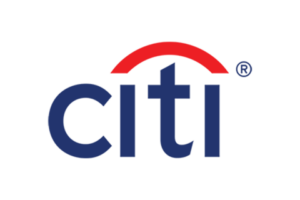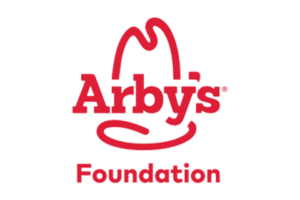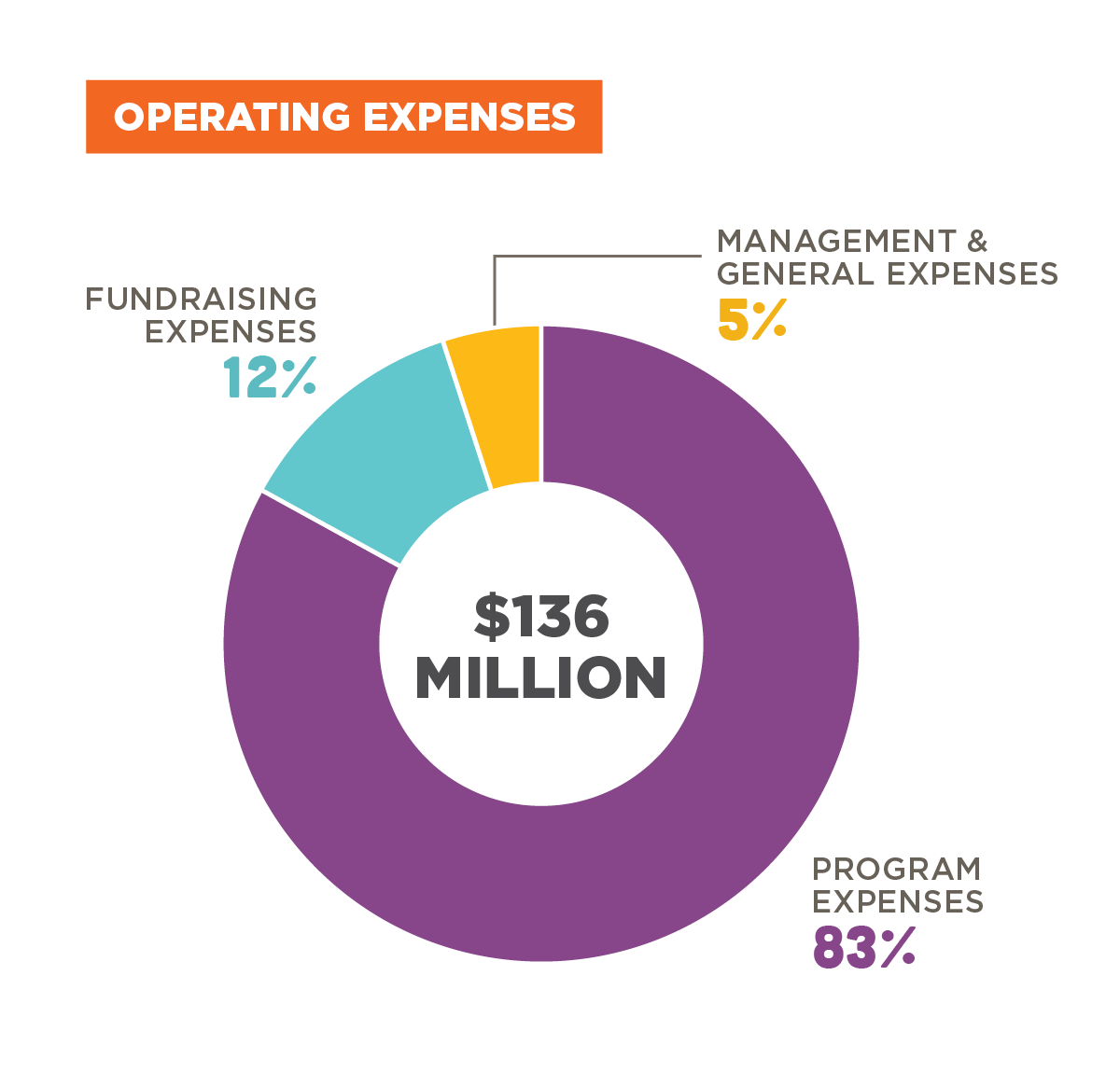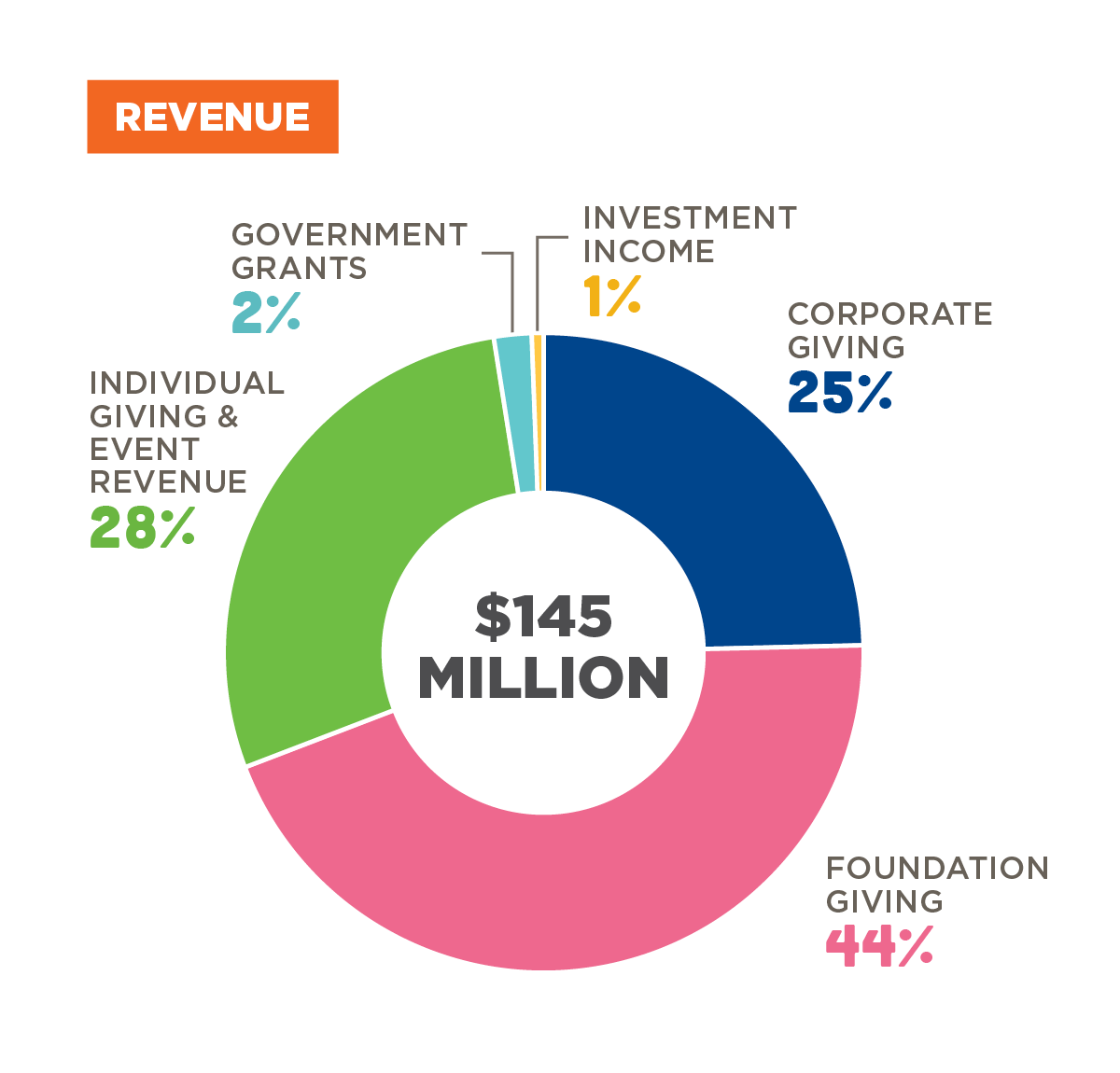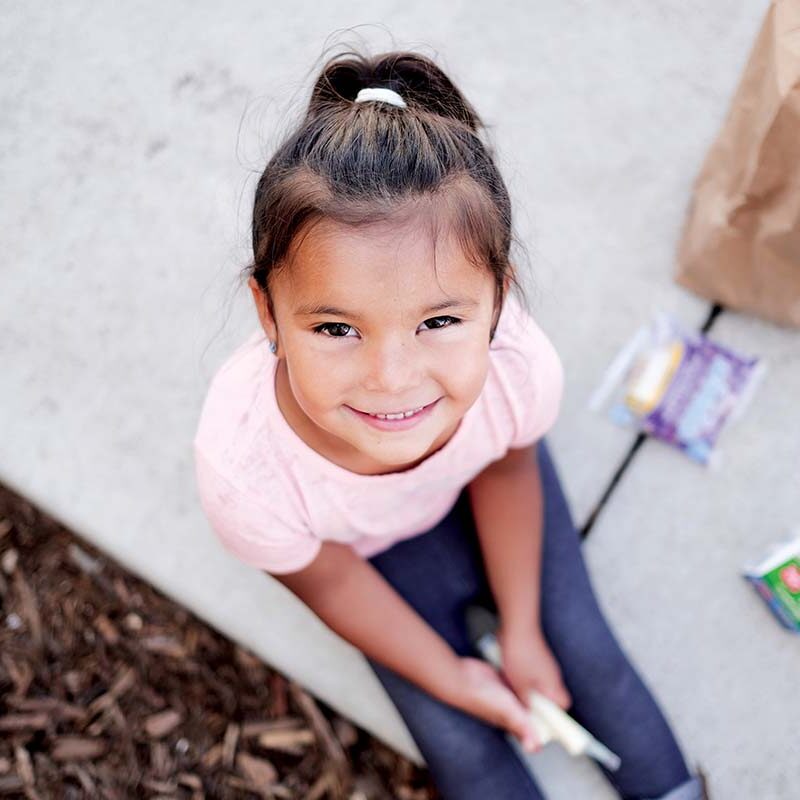Dear Friends,
As eager as I am to share with you all the ways you helped Share Our Strength and our No Kid Hungry campaign feed children during this difficult year, it is also a bittersweet task. This will be my last time introducing our annual report to you, because I am retiring in June.
While I leave behind my position here at Share Our Strength, I will remain a committed member of our community. What has inspired me in my time as CEO is very likely what has inspired you—a passion to make sure every child in America can count on getting healthy meals every day. It is this shared commitment that has driven us in fighting hunger through the worst health crisis in a century. I will always feel gratified to be part of a community that has helped millions of kids get the food they need and deserve.
With your help, Share Our Strength is prepared to take on all the opportunities and challenges the next years bring. We have much work still to do to end child hunger in America, especially as our nation recovers from the pandemic. Rest assured that Share Our Strength is more committed than ever to our mission— and is always grateful for the tremendous generosity of our donors.


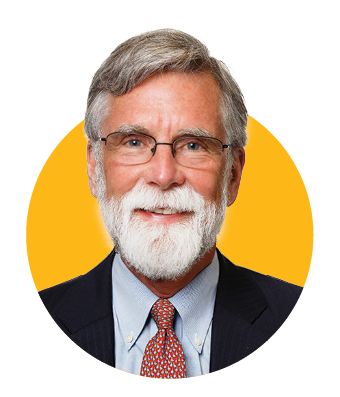



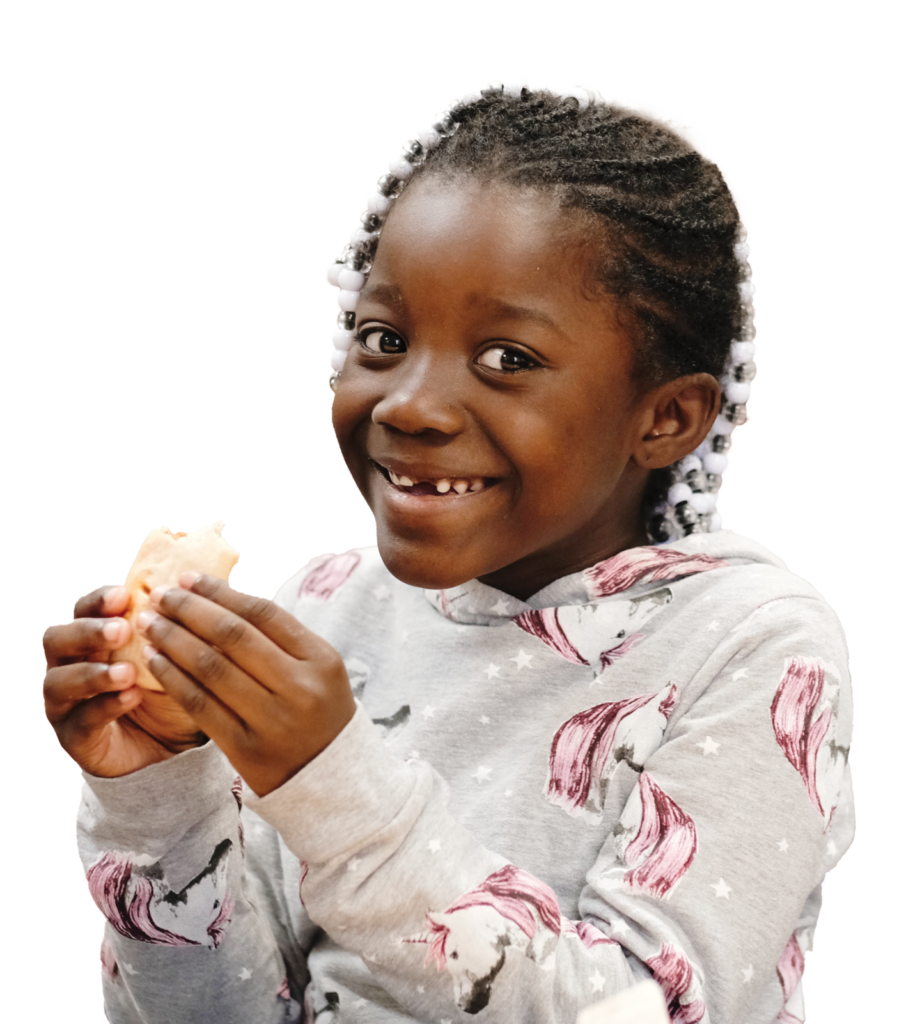
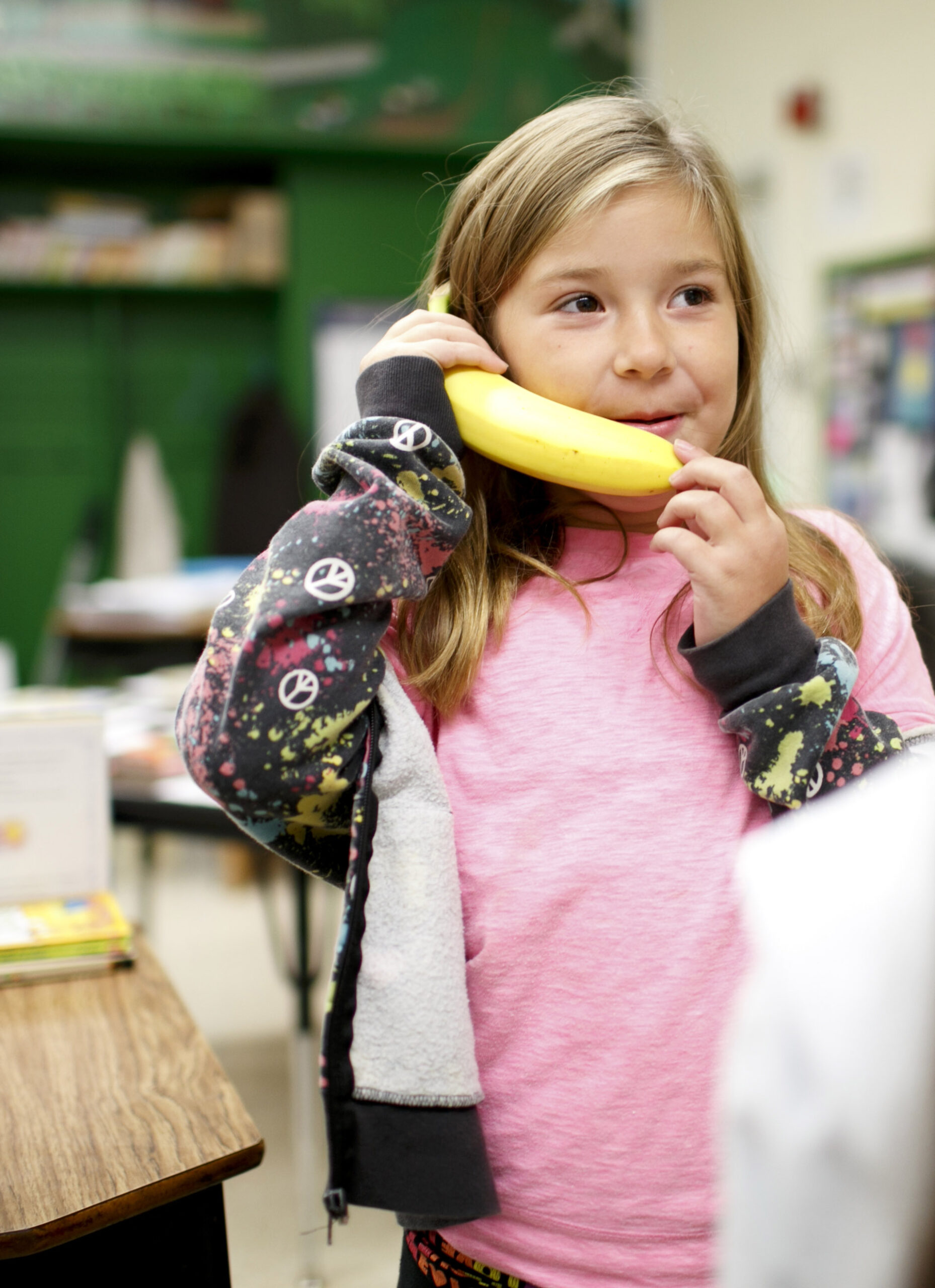
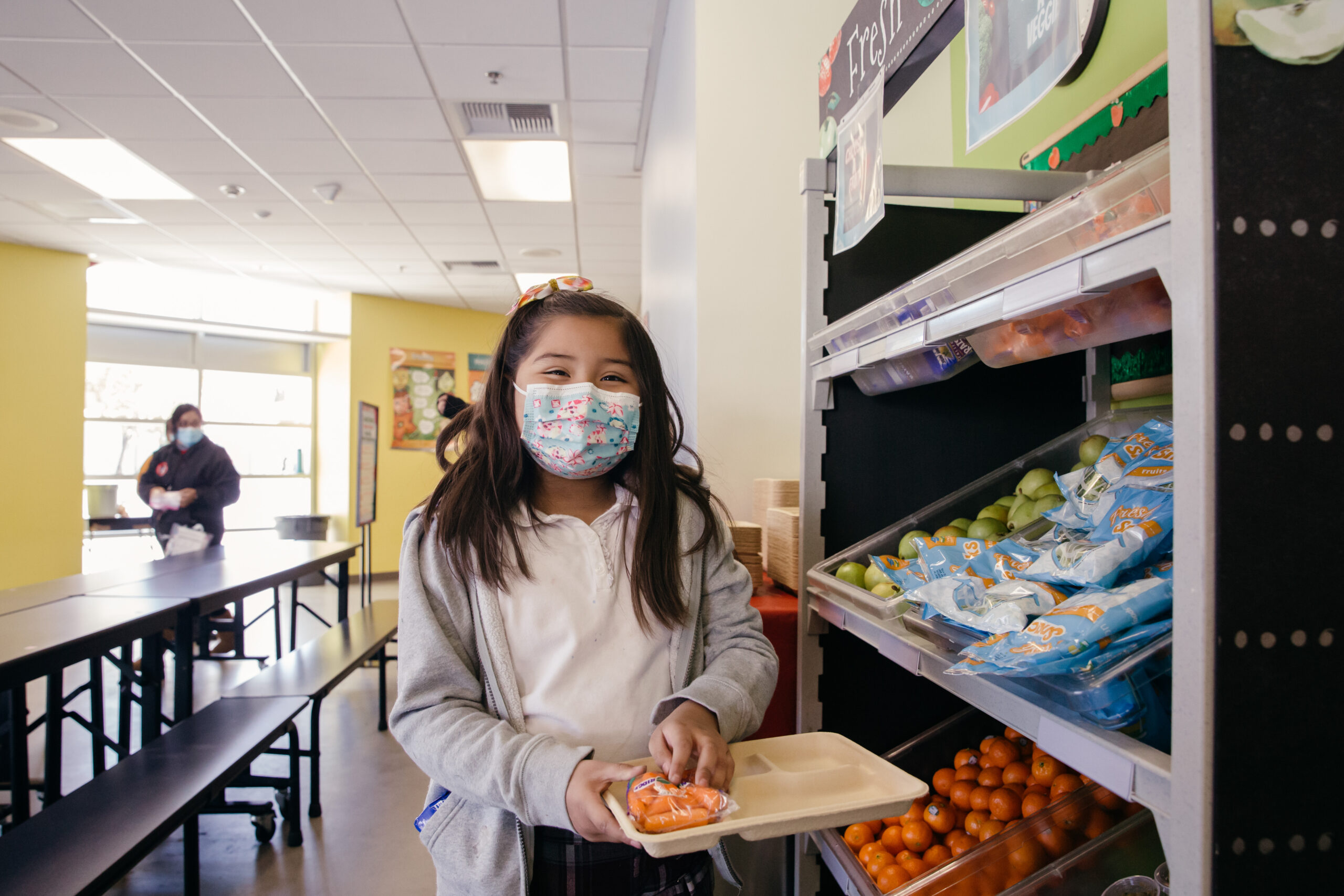
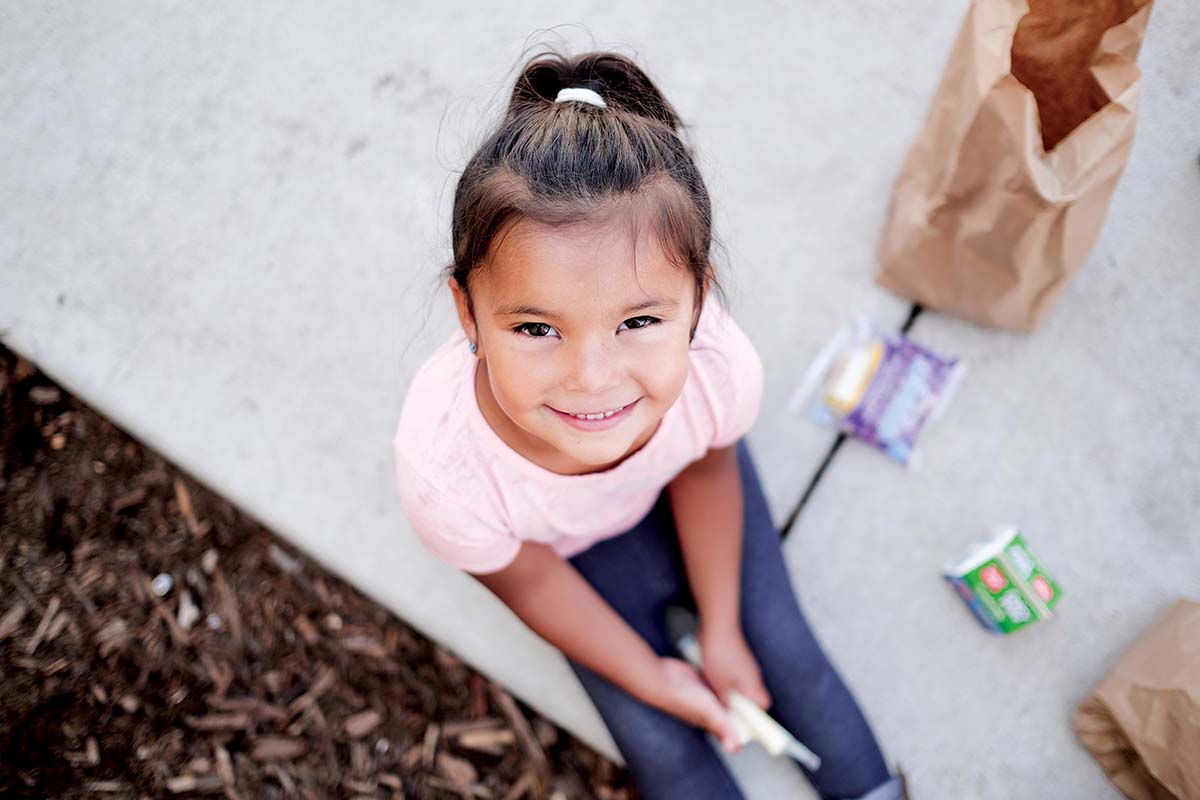
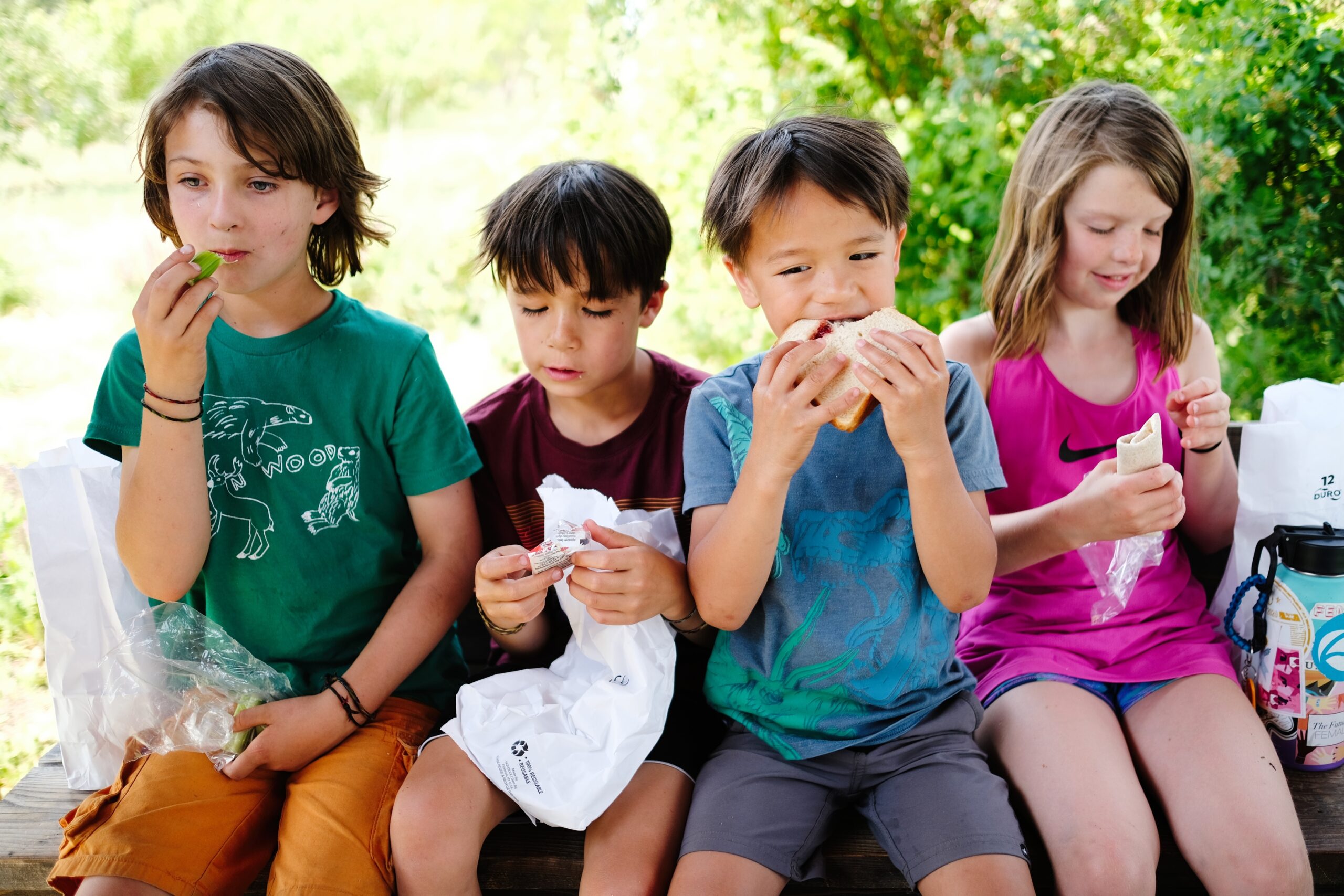
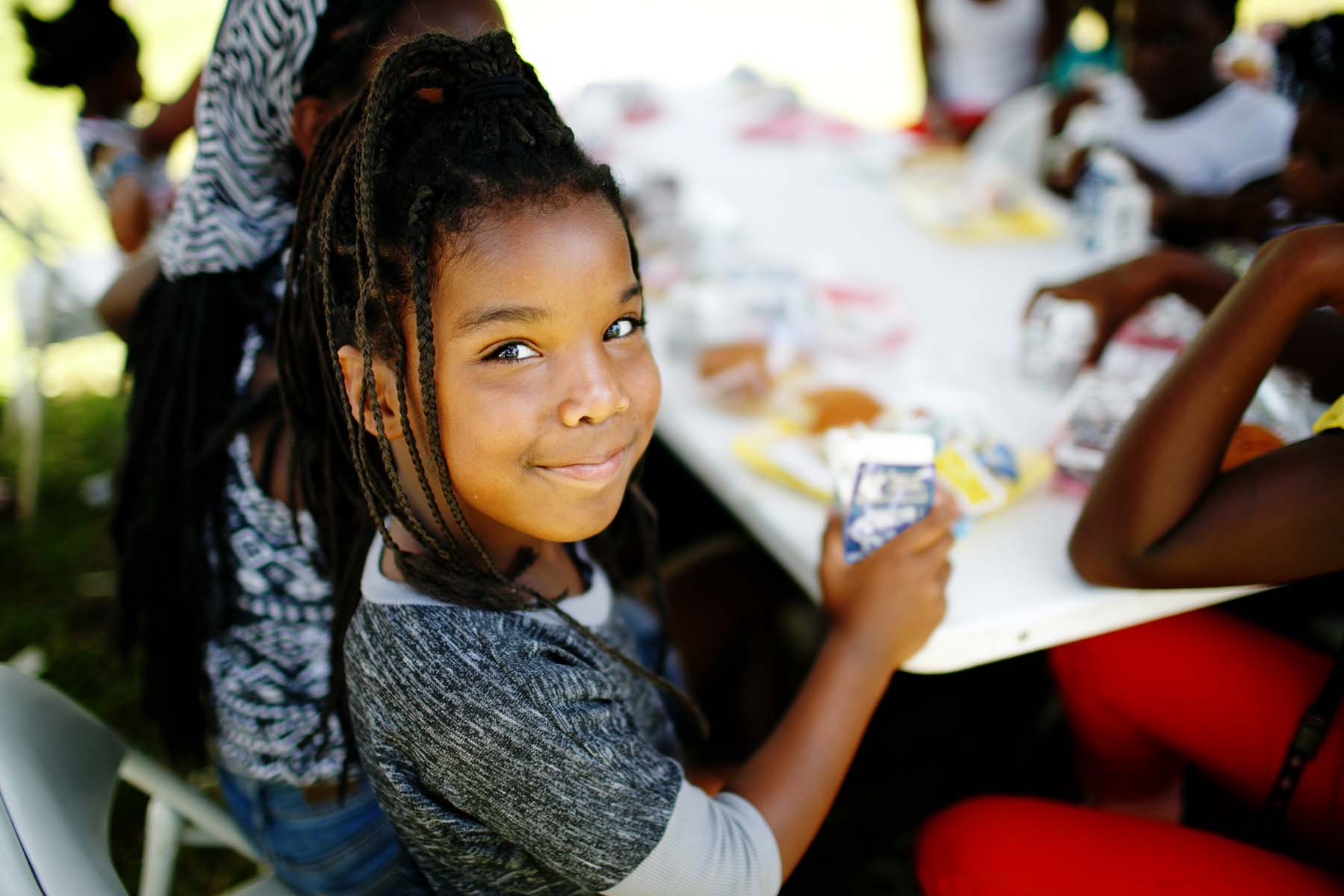
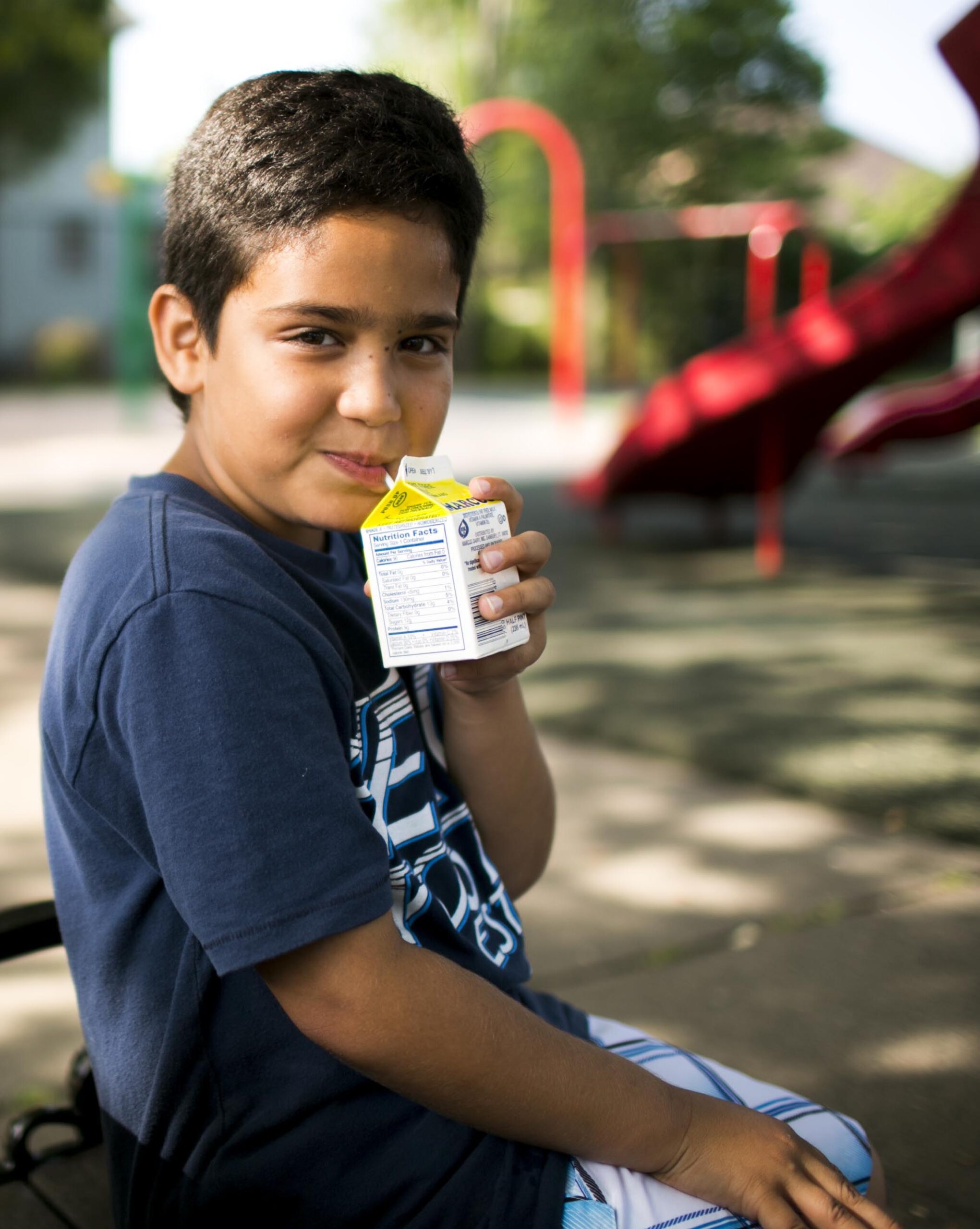
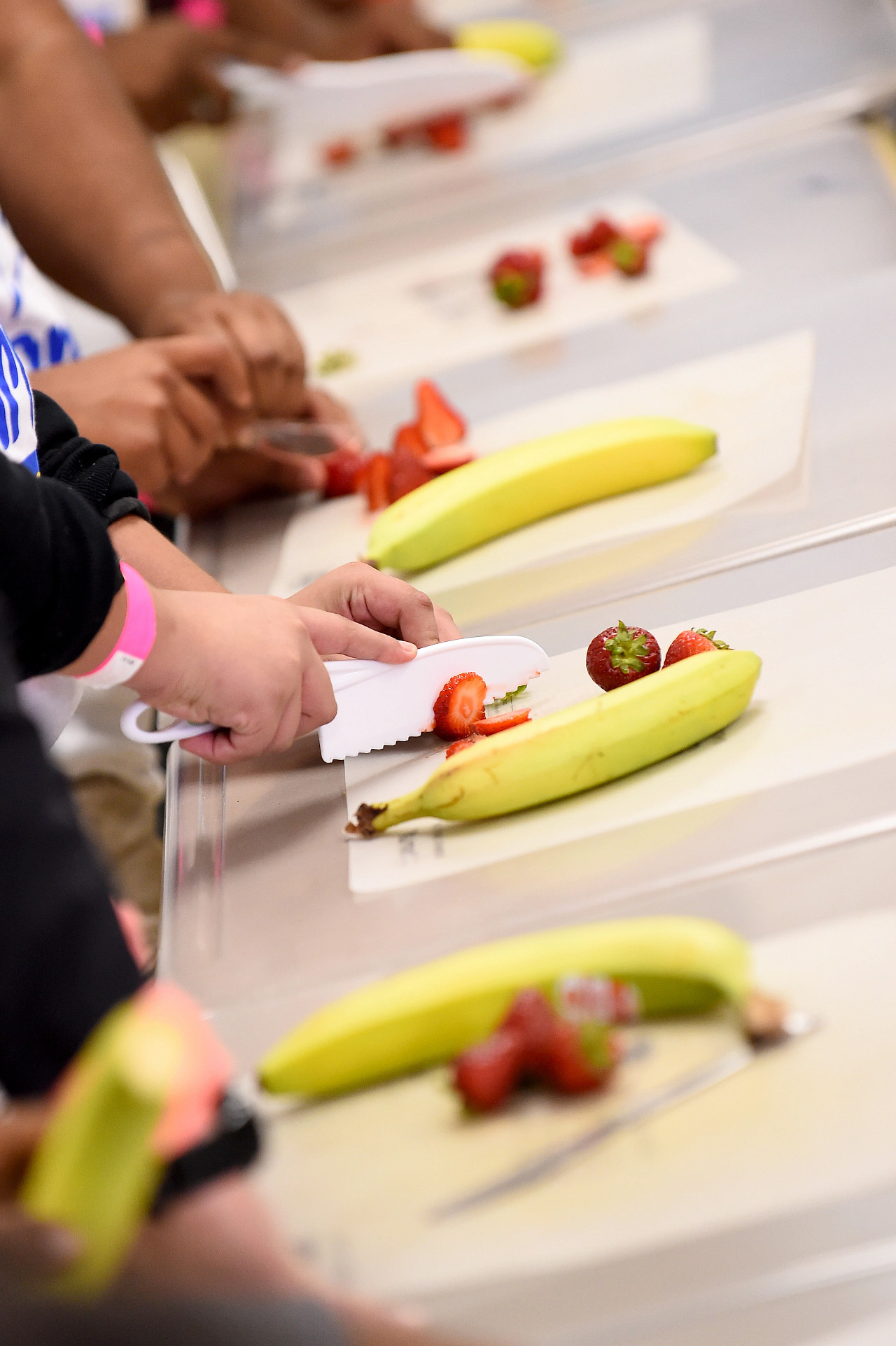
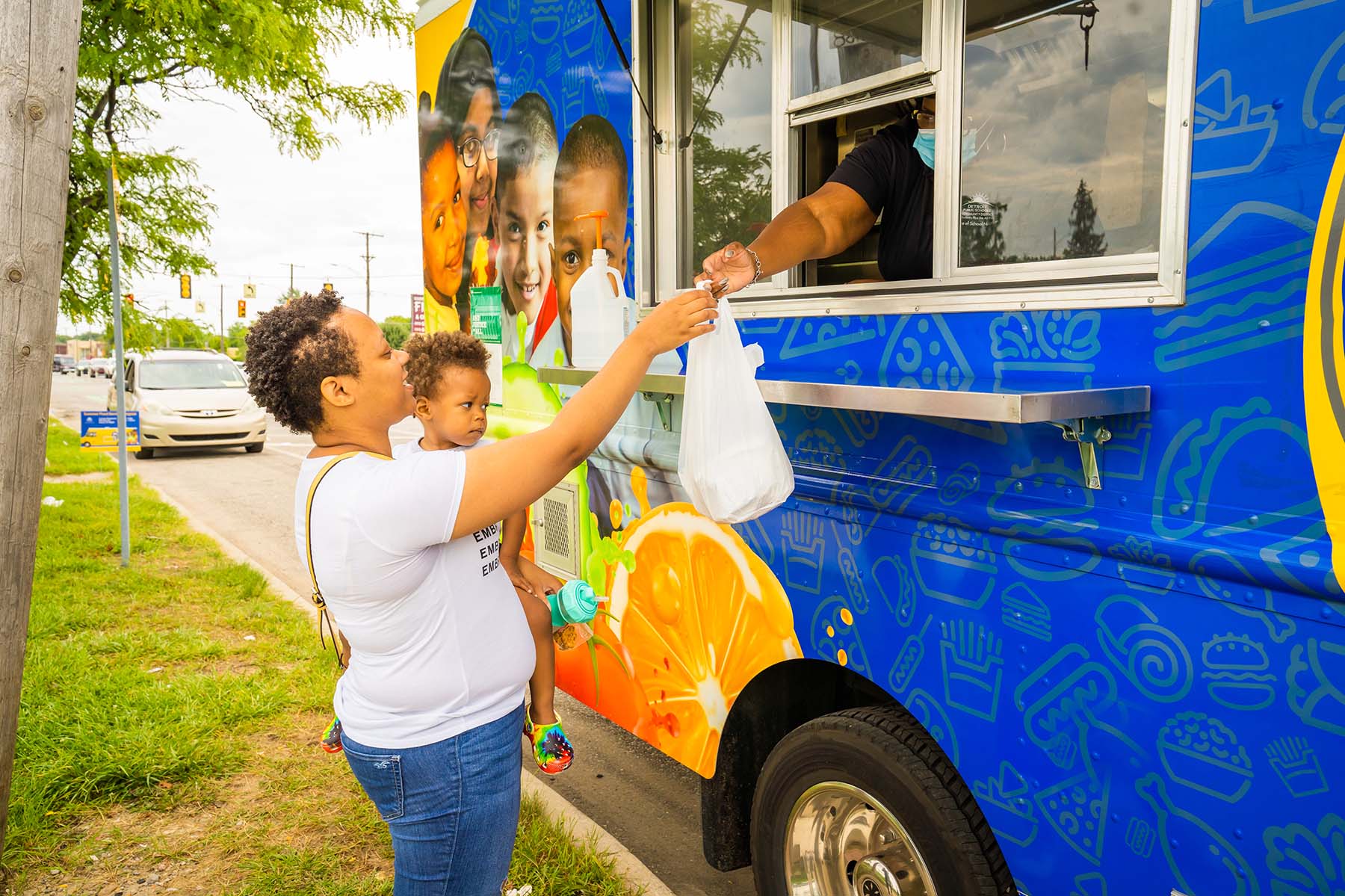
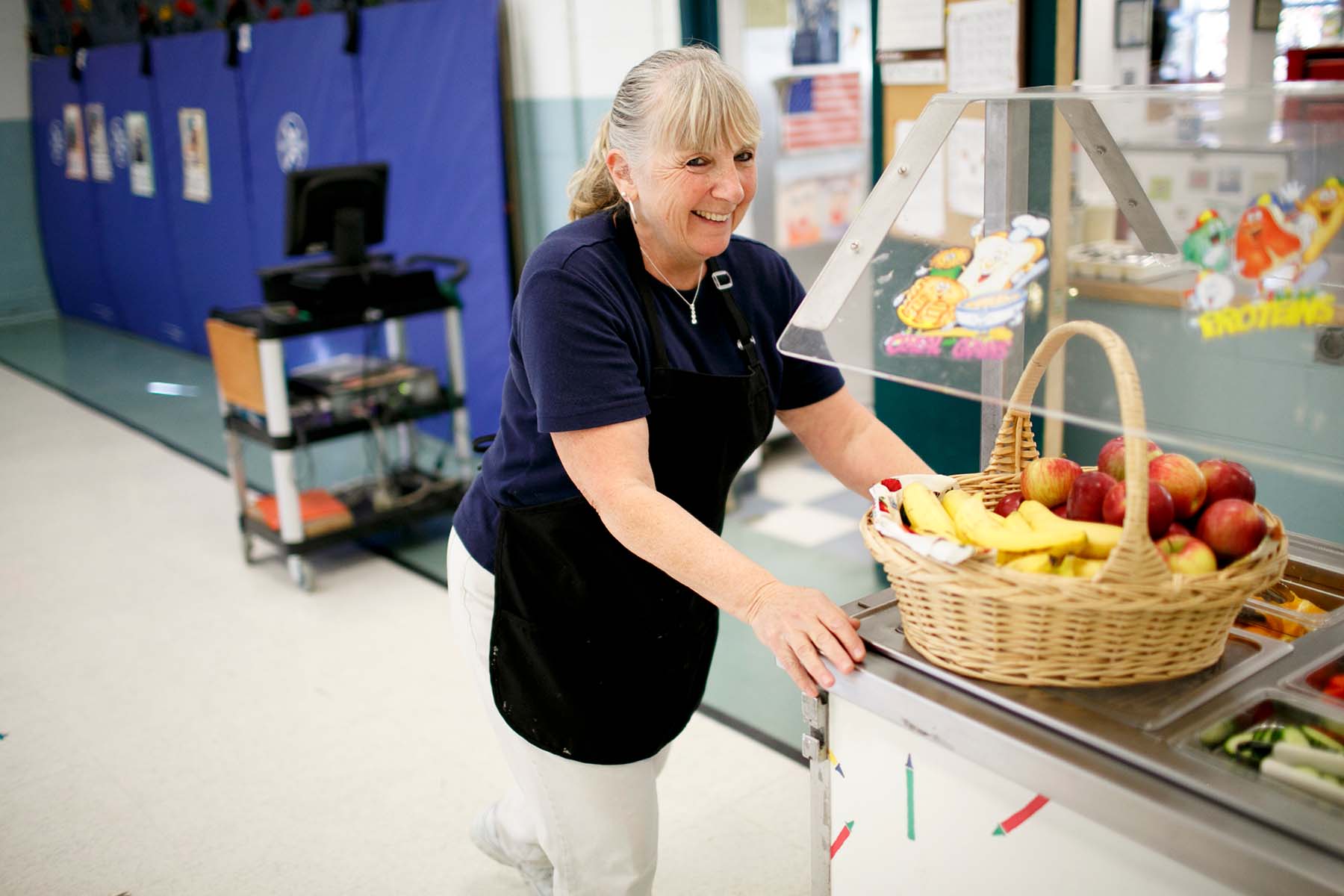
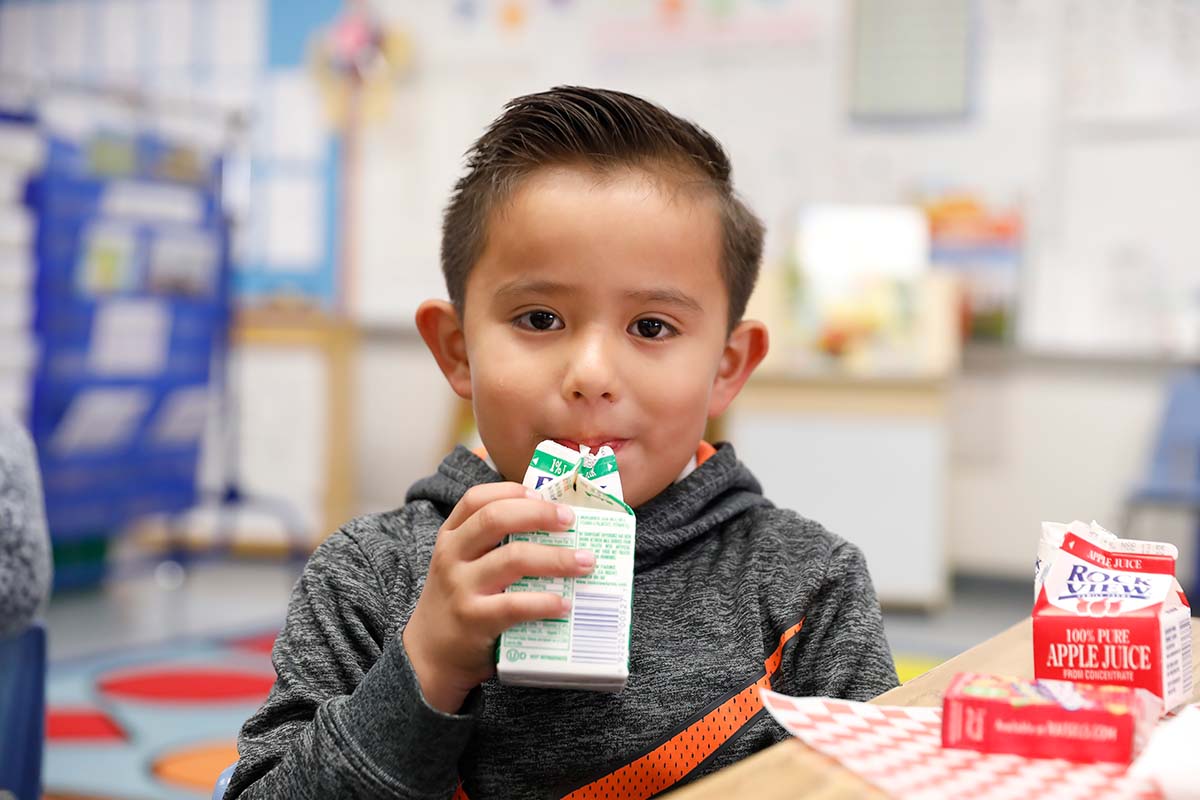
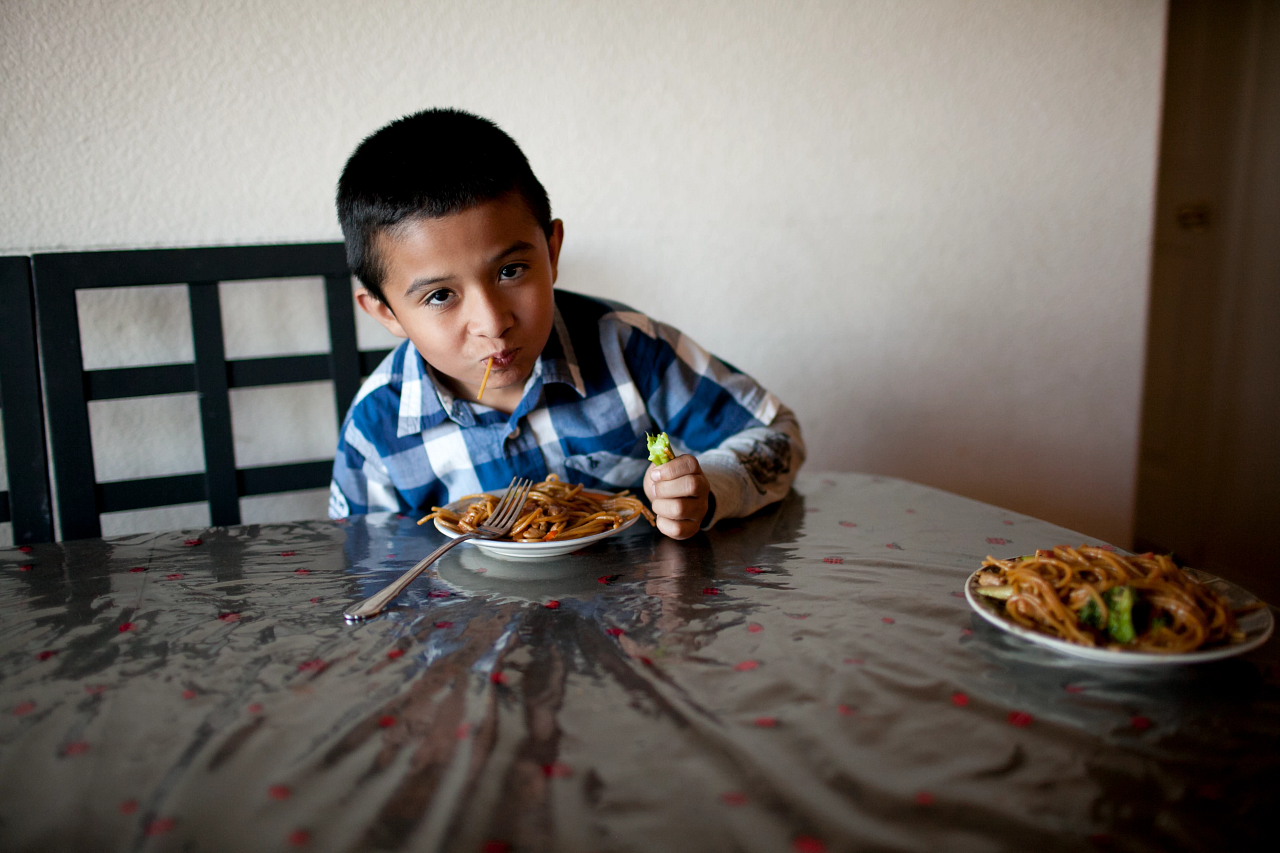
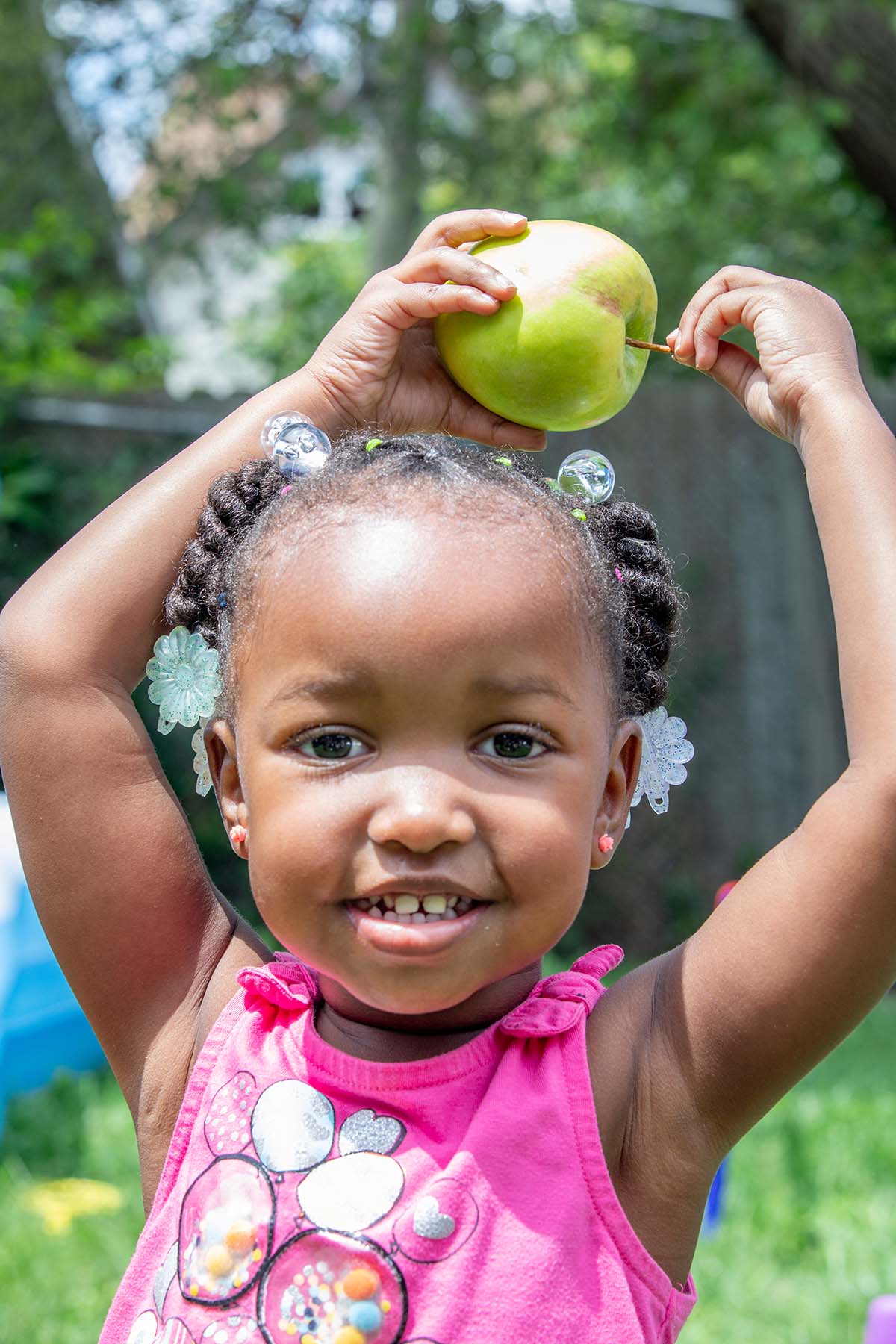



 For Ericka Huggins – human rights activist, educator, Black Panther leader, and former political prisoner – the power of the people is a catalyst for change in our society. The importance of engaging, listening, and partnering with individuals in the community was always core to the Panther Party’s efforts. It was the power of the people that drove the Black Panther Party to start their free breakfast program in the 1960s – a forerunner and inspiration of today’s National School Breakfast Program. It is the power of the people and the need to unpack how that power can be fostered, as well as stamped out, that inspired the launch of
For Ericka Huggins – human rights activist, educator, Black Panther leader, and former political prisoner – the power of the people is a catalyst for change in our society. The importance of engaging, listening, and partnering with individuals in the community was always core to the Panther Party’s efforts. It was the power of the people that drove the Black Panther Party to start their free breakfast program in the 1960s – a forerunner and inspiration of today’s National School Breakfast Program. It is the power of the people and the need to unpack how that power can be fostered, as well as stamped out, that inspired the launch of 